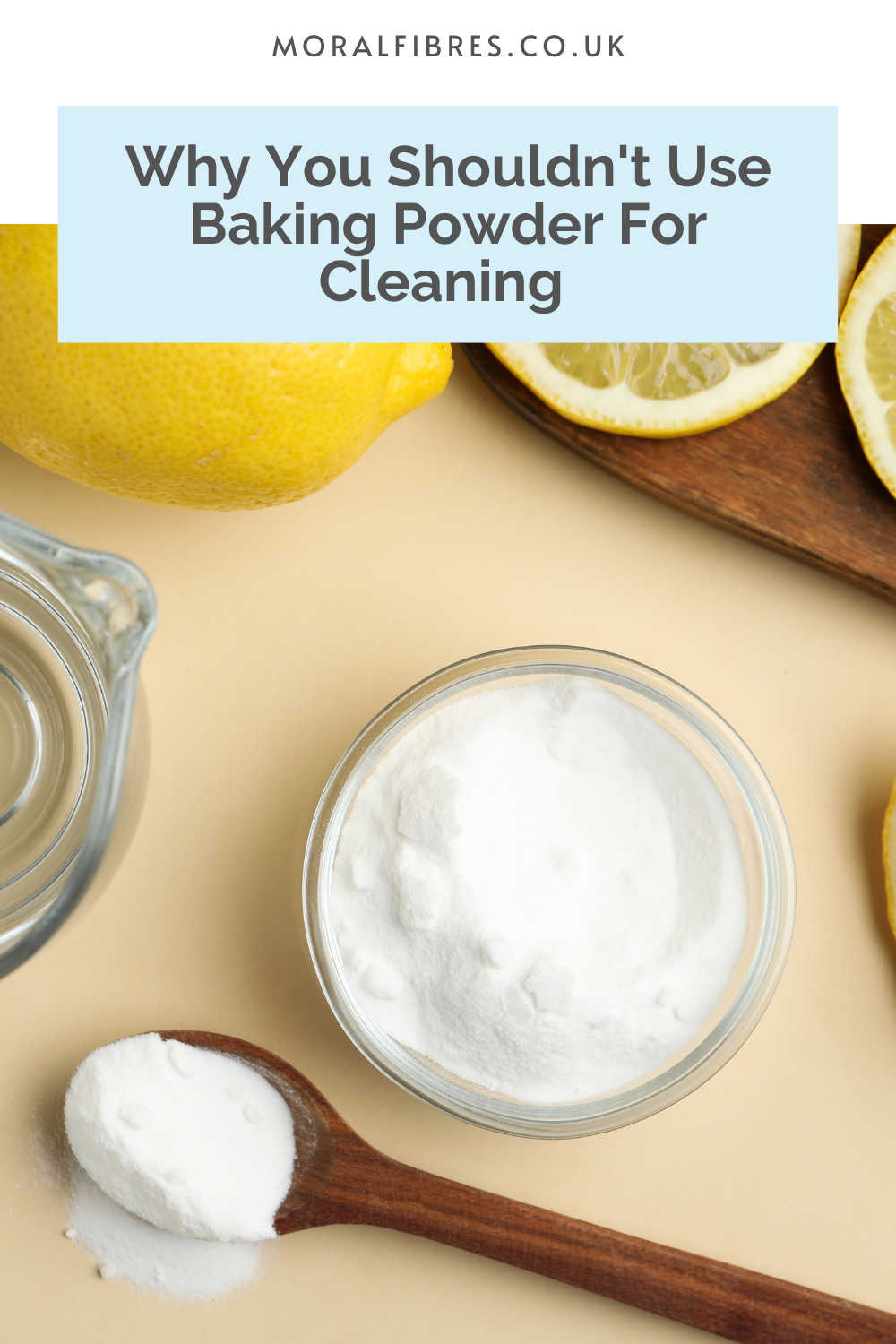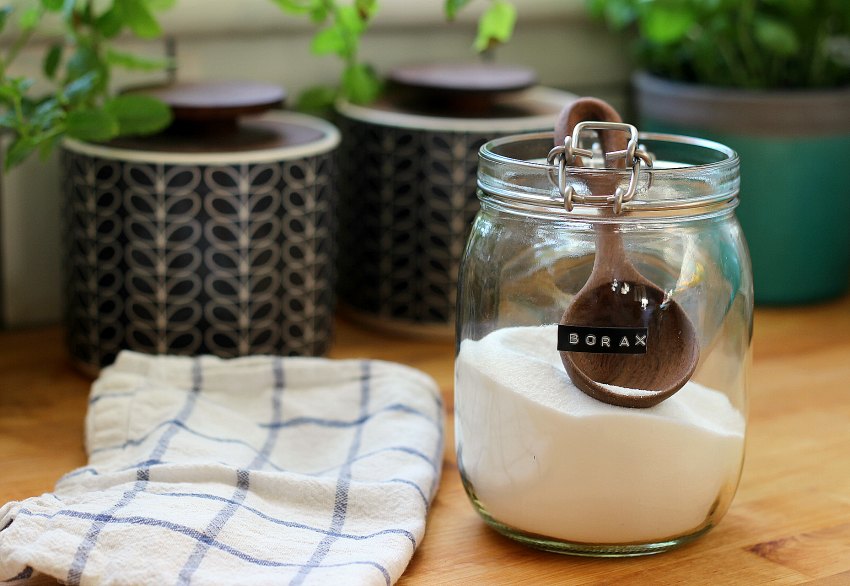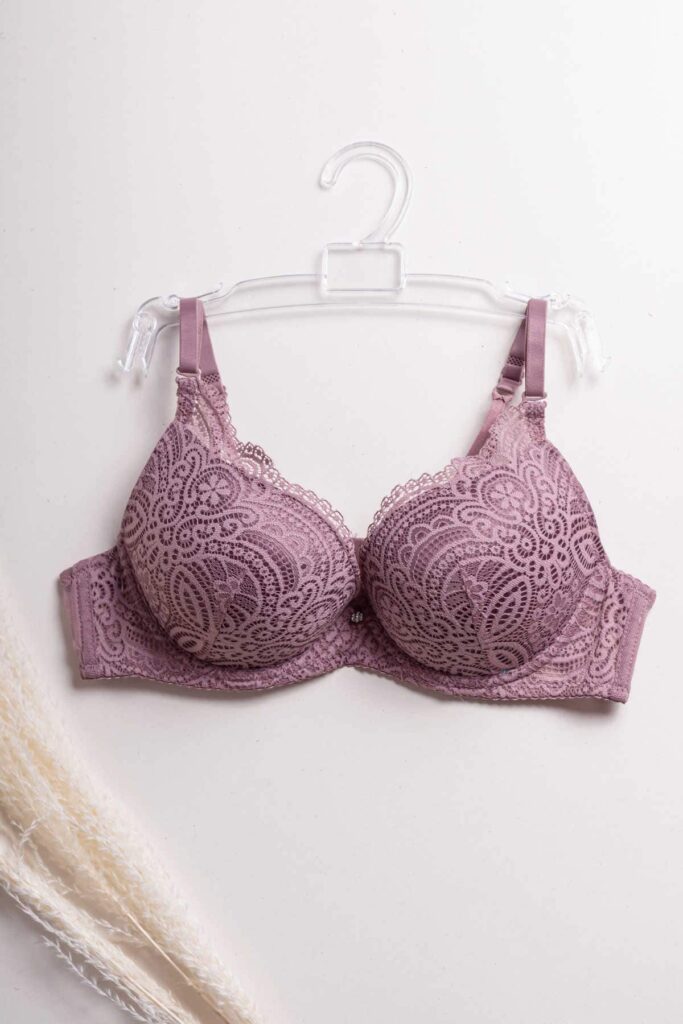Can You Use Baking Powder For Cleaning The Green Way?
To support the running costs of Moral Fibres, this post may contain affiliate links. This means Moral Fibres may earn a small commission, at no extra cost to readers, on items purchased through these links.
Bicarbonate of soda and baking powder are both widely used in baking. Bicarbonate of soda is a key ingredient in green cleaning recipes. It would stand to reason that you can use baking powder for cleaning. But can you actually use baking powder for cleaning? Let’s take a look at if you can or can’t, and what you might want to use instead.
Peek into the cupboard of any home baker and you’ll find a tub of bicarbonate of soda and a tub of baking powder. Both are key ingredients when it comes to baking after all.
If you then peek into the cupboard of any green cleaner, you’ll find amongst their eco-friendly cleaning essentials, a tub of bicarbonate of soda, but no baking powder. But aren’t the two things interchangeable? Can’t you clean with both?
The truth is you shouldn’t use baking powder for cleaning. This is because baking powder has a chemical composition that’s better suited to baking rather than cleaning. Want to know more? Let’s take a deep dive into why you can’t and what you might want to use instead.
Table Of Contents
- Here’s Why You Shouldn’t Use Baking Powder For Green Cleaning
- So Why Doesn’t Baking Powder Clean Well?
- What Should You Use Instead of Baking Powder For Cleaning?
Here’s Why You Shouldn’t Use Baking Powder For Green Cleaning

Baking powder isn’t suitable for cleaning because it’s a mix of different ingredients that are less effective when it comes to cleaning. Baking powder is, in fact, a mix of bicarbonate of soda and cream of tartar and cornflour.
Understanding why baking powder is a mix of different ingredients requires a little knowledge of basic chemistry. I promise to keep this as simple as I can! Ready for the science part? Let’s go!
In chemistry terms, bicarbonate of soda is a base, and cream of tartar is an acid. Bases are substances that can react with acids and neutralise them, often causing them to release gases.
In the case of baking powder, when added to a liquid, the bicarbonate of soda and cream of tartar react to form carbon dioxide bubbles and a tiny bit of salt. As such, baking powder is used to lighten the texture and increase the volume of baked goods, without making the baked goods dense.
What about the role of cornflour? Well, the cornflour is added to baking powder to prevent the bicarbonate of soda and cream of tartar from reacting too soon.
Cornflour has great moisture absorption properties, so it helps to keep the other two chemicals dry. Acting as a buffer, this means you get the benefits of the bicarb and cream of tartar chemical reaction in your baking, and not in the tub!
So Why Doesn’t Baking Powder Clean Well?
I mean, you technically can use baking powder to clean. It certainly won’t cause any harm to your surfaces or your health. The problem is its delicate chemical makeup. It’s this makeup that makes it a completely ineffective cleaner.
Why is this? Well, from what we’ve just learned about baking powder, you’ll know that as soon as the powder comes into contact with water, it’s going to react. This means it will immediately break down into carbon dioxide and salt. What this means in terms of cleaning, is that as soon as it’s added to water, you will end up with slightly bubbly and slightly salty water.
Salty bubbly water does not make for an effective cleaning solution. It leaves smear marks. It takes a whole lot more elbow grease to get sub-standard results. Plus it’s a pretty costly way of cleaning your home.
What Should You Use Instead of Baking Powder For Cleaning?

There are tons of different natural ways to clean your home that are much cheaper and much more effective. So keep the baking powder for baking, not cleaning. Instead, try one of these ways to clean your home the non-toxic way:
Bicarbonate of Soda
Bicarbonate of soda on its own is fantastic at cleaning. Unlike baking powder, bicarbonate of soda is comprised of just one chemical – sodium bicarbonate. Sodium bicarbonate reacts with oils and fats and dissolves them. This means that bicarbonate of soda will tickle dirt, grease, oil, and fats around the home with ease. What’s more, it does not react with water, so can act as a great mild abrasive.
Check out my full guide to cleaning with bicarbonate of soda to see just why it’s such a great cleaner, and what you can clean with it. Bicarbonate of soda is also cheap to buy in bulk.
Soda Crystals
Soda crystals are again an incredibly simple, one-ingredient product – sodium carbonate. Simply speaking, this is a salt that contains no other additives.
Soda crystals have great oil, grease, and dirt-cleaning properties. This makes it great for cleaning things like your drains, and your washing machine, as well as greasy surfaces in your kitchen. And crucially, unlike baking powder, soda crystals don’t react with water when you clean with it!
See my guide to soda crystals uses around the home for ideas on how to effectively clean with this super cheap ingredient.
Borax
Borax is a key ingredient in many natural cleaning product recipes, particularly when it comes to laundry products. This is because it’s gentler than soda crystals yet stronger than bicarbonate of soda. It’s also cold-water-soluble, unlike soda crystals, which cakes with cold water. See my uses for borax around the home for tips on where to start.
Castile Soap
Castile soap is a concentrated vegetable-based soap, that makes for an amazing non-toxic natural cleaning product. You can use it diluted in a variety of different applications, from making cleaning sprays to cleaning pastes. See my full guide to cleaning with castile soap to help get you started.
Vinegar
Vinegar is a key staple when it comes to green cleaning. And for good reason. It is incredibly cheap. It is incredibly effective. And it cleans almost anything with ease. See my full guide to cleaning with white vinegar for everything you need to know about cleaning with this eco-friendly powerhouse.
I hope this has helped answer your cleaning with baking powder question. If you are looking for more green cleaning assistance, then do check out my guide to natural cleaning product recipes. Here I talk you through my best recipes to make a wide range of effective non-toxic cleaning solutions for your whole home.
Found this post useful? Please consider buying me a virtual coffee to help support the site’s running costs.




